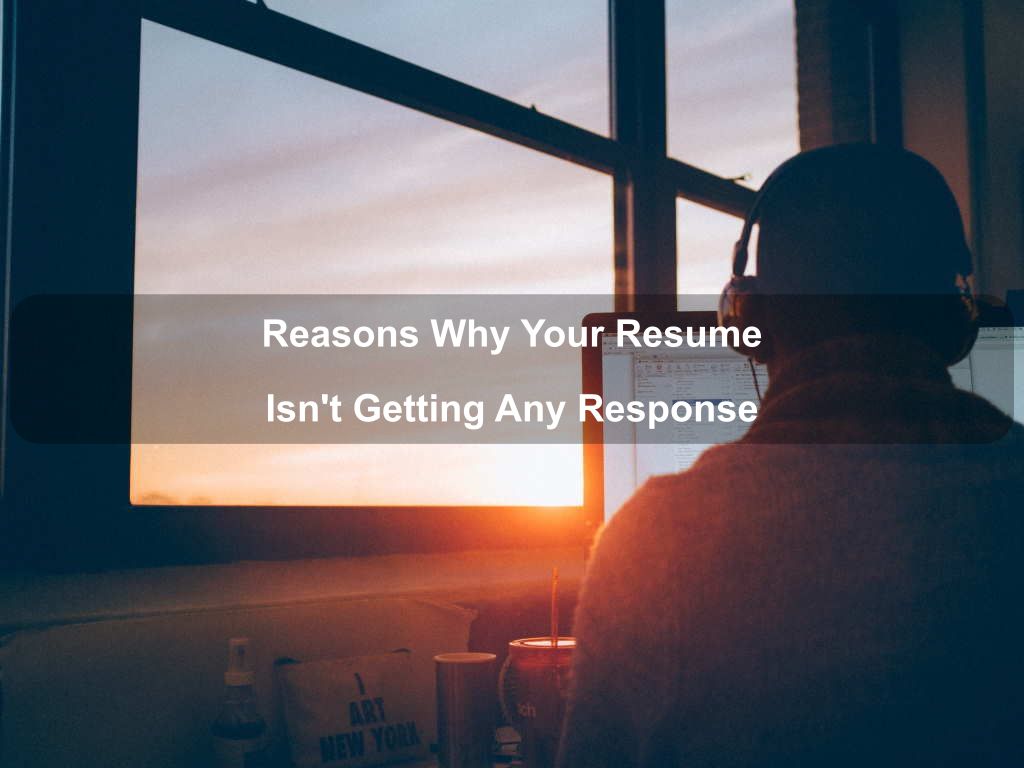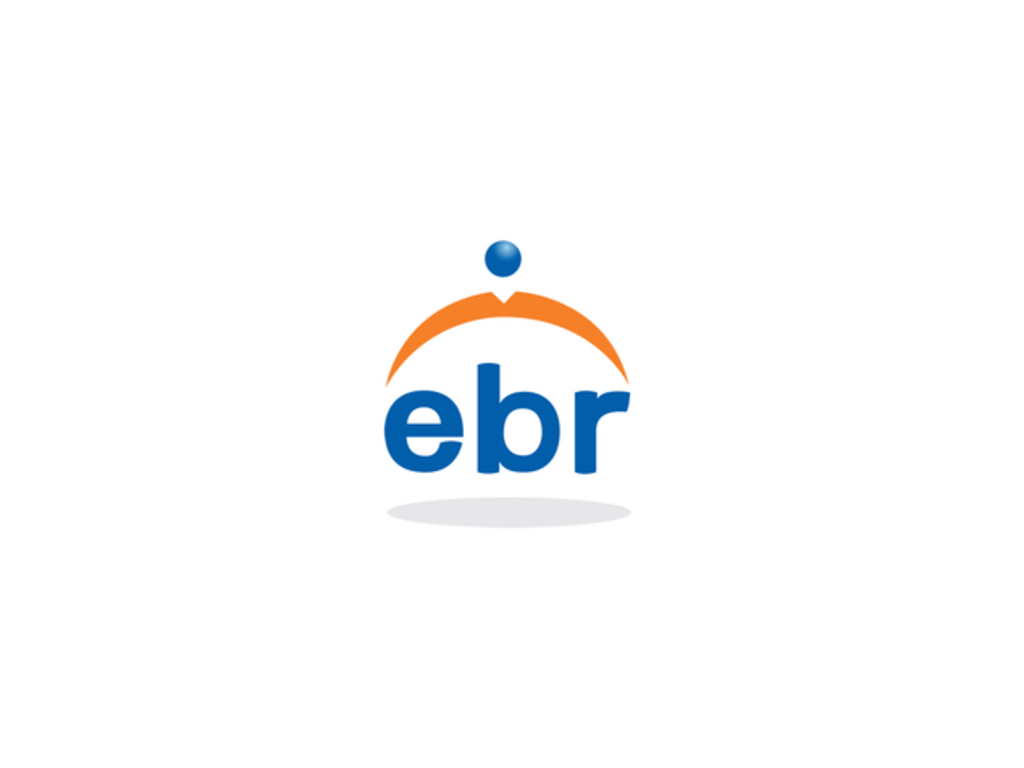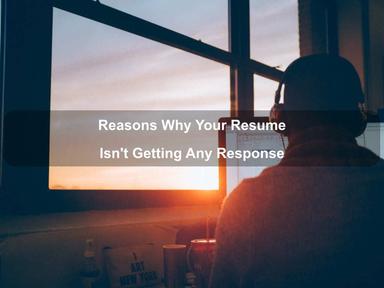published: 22 Feb 2021
5 min read | website: www.ebr.com.au
You've been submitting your resume to positions that you would be a great fit for more than two months and you haven't gotten any interview requests. Your mind begins to wander as you anxiously await an employer's call or email. Here are some mistakes job seekers make on their resumes, and if one or more of them can be found on yours, that's probably why your resume isn't getting a response.
Your Objective Statement is Not Helping at All
What the objective statement fails to do is substantiate your fit for the job opening—or articulate the value you offer the employer should they choose you over another candidate. It just expresses your goal of securing a future position. Utilize a personal branding statement instead and experience summary. List down the skills you have that are needed for the job you're applying for. They're hard skills and transferable skills, not soft skills. Don't miss out on the opportunity to start proving your value to the employer within the first few seconds they glance at your resume.
It's Full of Fluff and Fillers
Your career summary and work history are fluffy and full of filler words that could be found in any other resume on the market. You must mention specifically about who you are, your experience or expertise, and what you could offer the employer. For instance, try addressing how many projects you have handled, which processes you've improved or the outcome of the improvement. Just saying you exceed expectations is vague; tell them which expectations were exceeded and by how much.
Your Skills & Accomplishments Are Not Highlighted
The top third of your resume is the most important section for the initial scan. This is your prime opportunity to market your skills and achievements. Highlight your skills in the experience summary to draw the hiring manager in and entice them to keep reading. Then, they'll see all of your accomplishments underneath your work history. Mention the career successes you are most proud of that correlate to the job you're applying for.
Lack of Metrics, Facts and Figures
Quantify your work experience on your resume. Give the employer something to remember you by. State a percentage or dollar amount. Managed projects or clients? Put a number to it. Ask yourself questions like how much, how many, for how long? It's the secret to getting a call from an employer. Asking yourself questions like these leads to answers that help you define your successes, develop your personal brand, and market yourself more effectively to potential employers.

Are we missing something? Help us improve this article. Reach out to us.
















